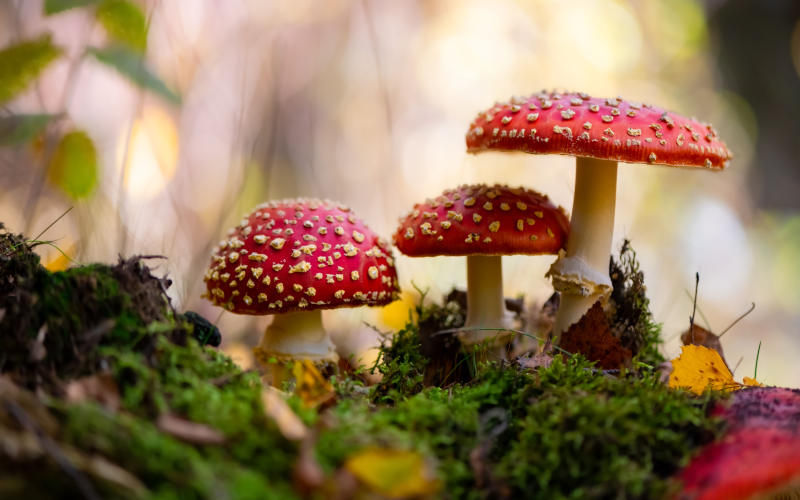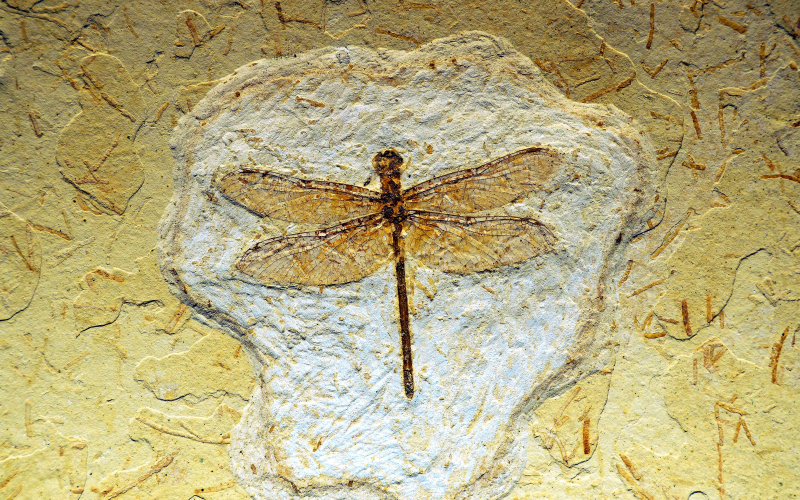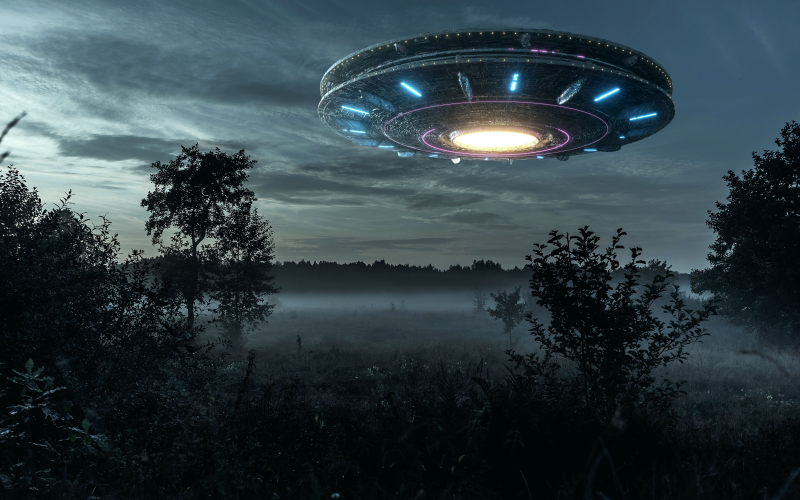Frank R. Lin, director of the Cochlear Center for Hearing and Public Health, Johns Hopkins Bloomberg School of Public Health joins Krys Boyd to discuss why we shouldn’t brush off hearing loss as a symptom of old age.
Read more


Frank R. Lin, director of the Cochlear Center for Hearing and Public Health, Johns Hopkins Bloomberg School of Public Health joins Krys Boyd to discuss why we shouldn’t brush off hearing loss as a symptom of old age.
Read more
Professor and bioacoustics expert Nicholas Mathevon discusses how animals use sound to intimidate, mate, emote and more.
Read more
Nature editor Richard Van Noorden talks about how bias, error and, yes, even fraud, infect clinical trials – and what can be done to clean them up.
Read more
Christian Madsbjerg talks about how we can recapture our ability to focus on things that matter and reestablish our connection to the people around us.
Read more
Emily Monosson discusses how fungi are threatening both animals vital to our ecosystem and crops that feed the planet’s 8 billion people.
Read more
New York Times reporter Cade Metz discusses Starlink, the satellite internet company Musk runs that accounts for more than 50 percent of all active satellites, and the issues it’s raising for global security.
Read more
Will Bostwick of Texas Monthly discusses urban environments of concrete that don’t cool down, the health hazards that causes, and innovative methods that could lead to relief.
Read more
Annie Lowrey of The Atlantic discusses the new world of “cultivated meat” – animal proteins combined with other chemicals to produce the texture and flavor of meats.
Read more
Biologist James B. Nardi discusses the creatures that depend on trees that are also key to tree health.
Read more
Smithsonian researcher Dale E. Greenwalt discusses how the field of paleobiology is opening up new avenues for what we know about ancient life, and the fascinating findings it’s already yielded.
Read more
Journalist Josh Dzieza discusses the tedious work it takes to create the artificial intelligence that seems so quick and breezy – and his own crack at the job that confounded him.
Read more
Writer Jaime Green discusses the science, even science fiction, that inspires astronomers to look for life in the cosmos and what it means for those of us living back on Earth.
Read more